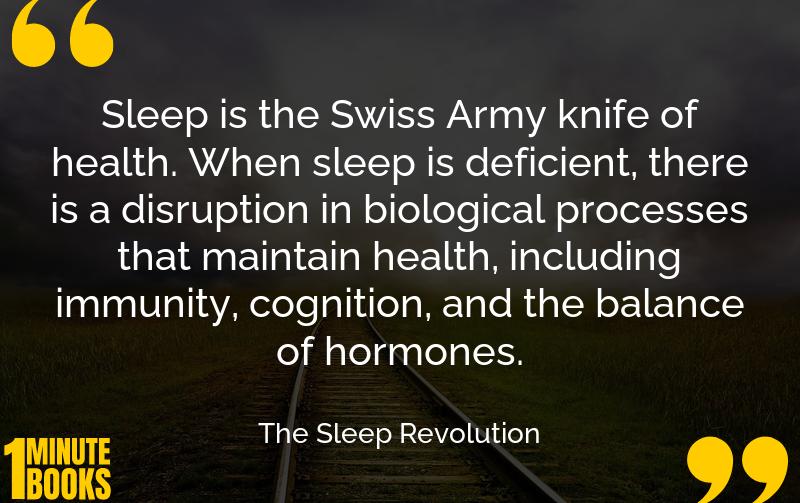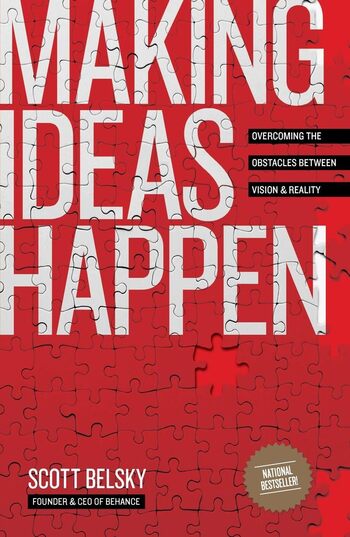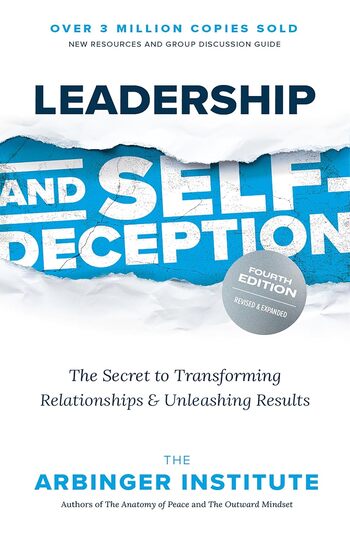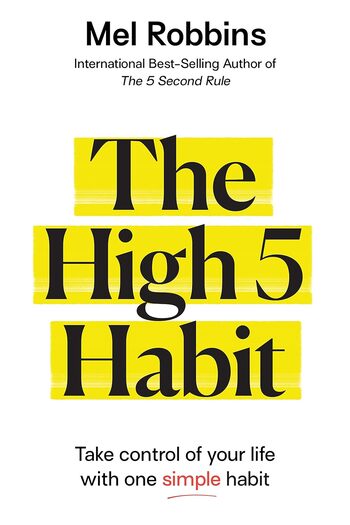
The Sleep Revolution emphasizes the crucial role of sleep in overall well-being, highlighting societal neglect of proper rest. It underscores the impacts of sleep deprivation on physical and mental health and offers practical solutions to improve sleep quality.
Main Lessons
- Lack of sleep links to health issues such as increased cancer risk and cognitive decline.
- Balancing work and rest is imperative; sleep deprivation reduces productivity.
- Excessive caffeine can disrupt the sleep cycle, creating a dependency loop.
- Natural sleep is distinctively more restorative than sleep induced by medication.
- REM sleep plays a significant role in managing emotional stress.
- Creative solutions often emerge from the subconscious during sleep.
- Dreams provide insights into personal challenges and psychological states.
- Adults generally need 7 to 9 hours of sleep per night for optimal health.
- Separate sleeping arrangements can enhance a relationship if sleep quality improves.
- Short naps can counteract sleepless nights, boosting cognitive performance.
- Managing jet lag involves adjusting meal times and leveraging fasting.
- Practices like yoga, meditation, and breathing exercises can enhance relaxation.
- Lifestyle changes, such as reducing screen time before bed, enhance sleep quality.








